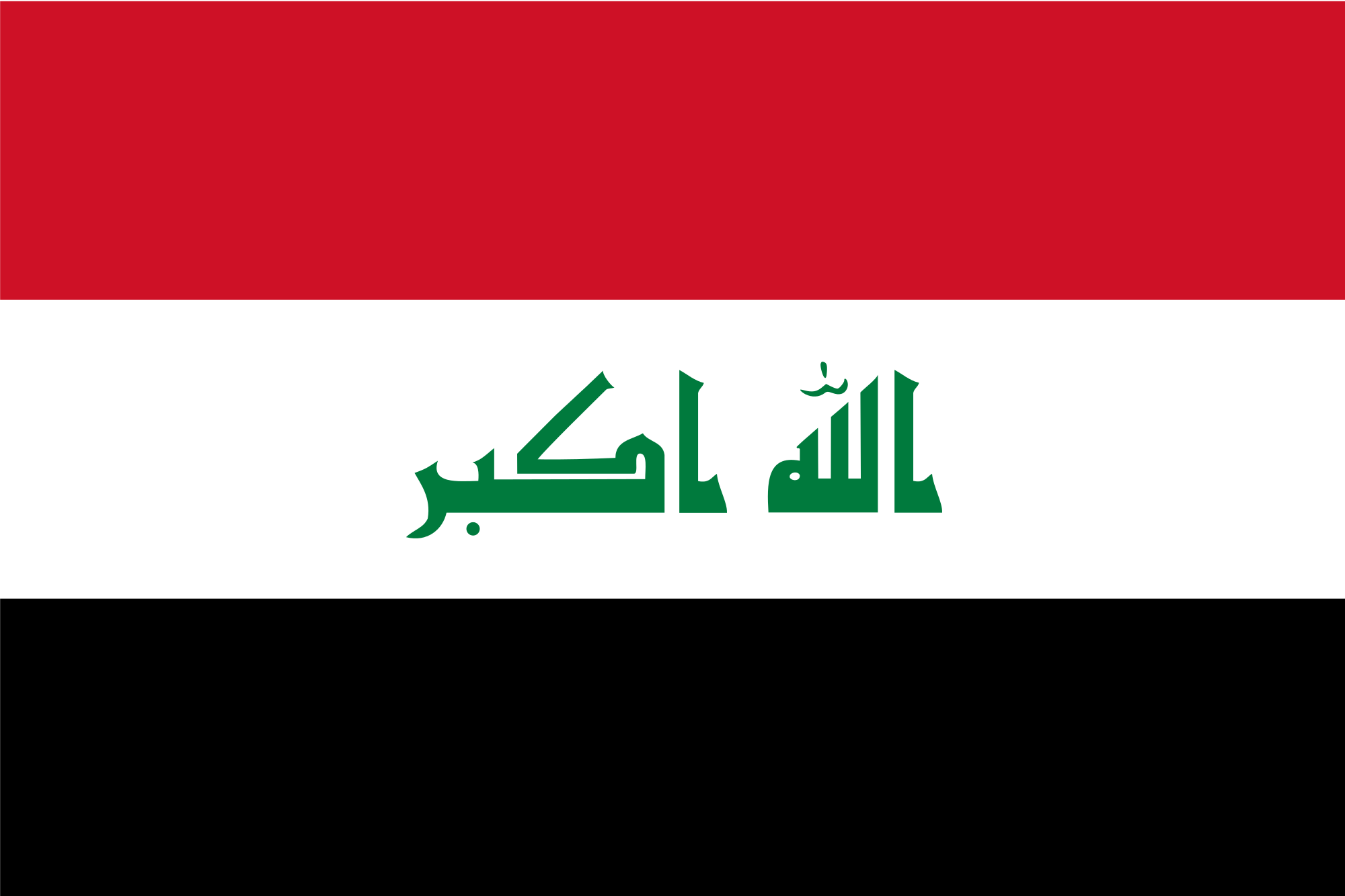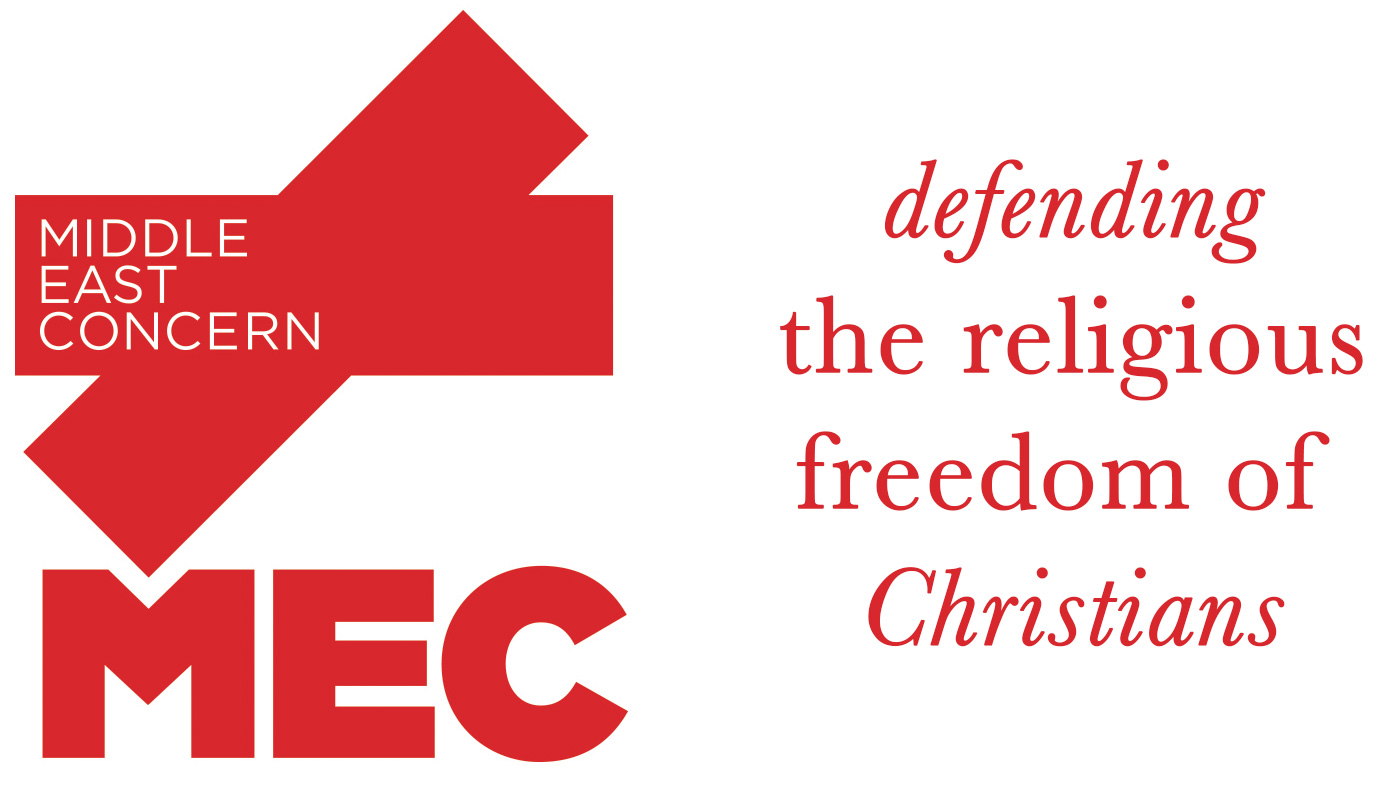
Iraq’s population is approximately 40 million. An estimated two thirds are Shi’a Muslim and one third Sunni Muslim, with Christians and other minorities making up less than 5%. Between 15-20% of the population is ethnically Kurdish, largely based in three northern provinces that form the autonomous region governed by the Kurdish Regional Government (KRG). The largest Christian community is the Chaldean Catholic Church, followed by the Assyrian Church of the East. Other recognised churches include the Syrian Orthodox, Armenian Apostolic, Armenian Catholics, Anglicans and other Protestant denominations. Many analysts estimate that the overall number of Christians in Iraq has dropped by more than half since 2003 , primarily due to accelerated levels of emigration.
The constitution establishes Islam as the state religion of Iraq, Islamic law as a source of legislation, and provides that no law may contravene either Islamic tenets, the principles of democracy or rights outlined in the constitution. The constitution upholds freedom from religious (as well as political and intellectual) coercion and requires the government to maintain the sanctity of religious sites including Christian sites. Recognised religious groups are permitted free exercise of worship and are given freedom to govern most personal status issues according to their own rites through a religious tribunal system. Within the Council of Representatives, five seats are reserved for Christians; the Iraqi Kurdish Parliament also reserves five seats for Christians. Under applicable Islamic law, Muslims are effectively prohibited from changing their religion, and women registered as Muslim are not permitted to marry non-Muslims. In October 2015 draft legislation was approved in Parliament to provide that where a husband or wife converts to Islam, any children of the couple are automatically also considered to be Muslim, prompting widespread objections by non-Muslim leaders. Although this legislation has yet to be ratified, it is already applied in practice.
Iraq ratified the International Covenant on Civil and Political Rights (ICCPR) on 25 January 1971. The ICCPR upholds the right to freedom of religion, including the right to hold a religion of one’s choice and the right to manifest that religion (Article 18). It also upholds the rights of minorities and the principle of non-discrimination. Iraq’s ratification of the ICCPR was made without any reservation limiting its commitment to religious freedom.
The advance and military offensive of Daesh (so-called ‘Islamic State’) in June 2014 led to mass displacement, including of Christians whose heartlands of Mosul and the Nineveh Plain area were overrun. Christians in these areas were presented with an ultimatum to convert to Islam, pay a subjugation tax (jizya), flee or be killed. In late 2016 the area was ‘liberated’ and by mid-2019 it was estimated that around 40% of internally displaced Christians had returned to their home towns. However, enormous reconstruction challenges, together with increased political marginalization and new security fears as Shi’a militias have grown in prominence strength, discourages further returns. Some Christian leaders discern a growing campaign, especially by Shi’a factions such as Al Hashd Al-Sha’bi, to drive Christians from Iraq by appropriating Christian-owned land and eroding the political representation of Christians, with some estimating that more than 70% of properties belonging to Christians in Baghdad and Basra have been seized following the widespread emigration of Christians since 2003. The KRG region has remained relatively stable, despite heightened tension following the independence referendum of October 2017 and has afforded the greatest security for Christians. Throughout Iraq there is strong family and societal pressure against those who choose to leave Islam. In extreme cases those who leave Islam can face violent responses from family members.
